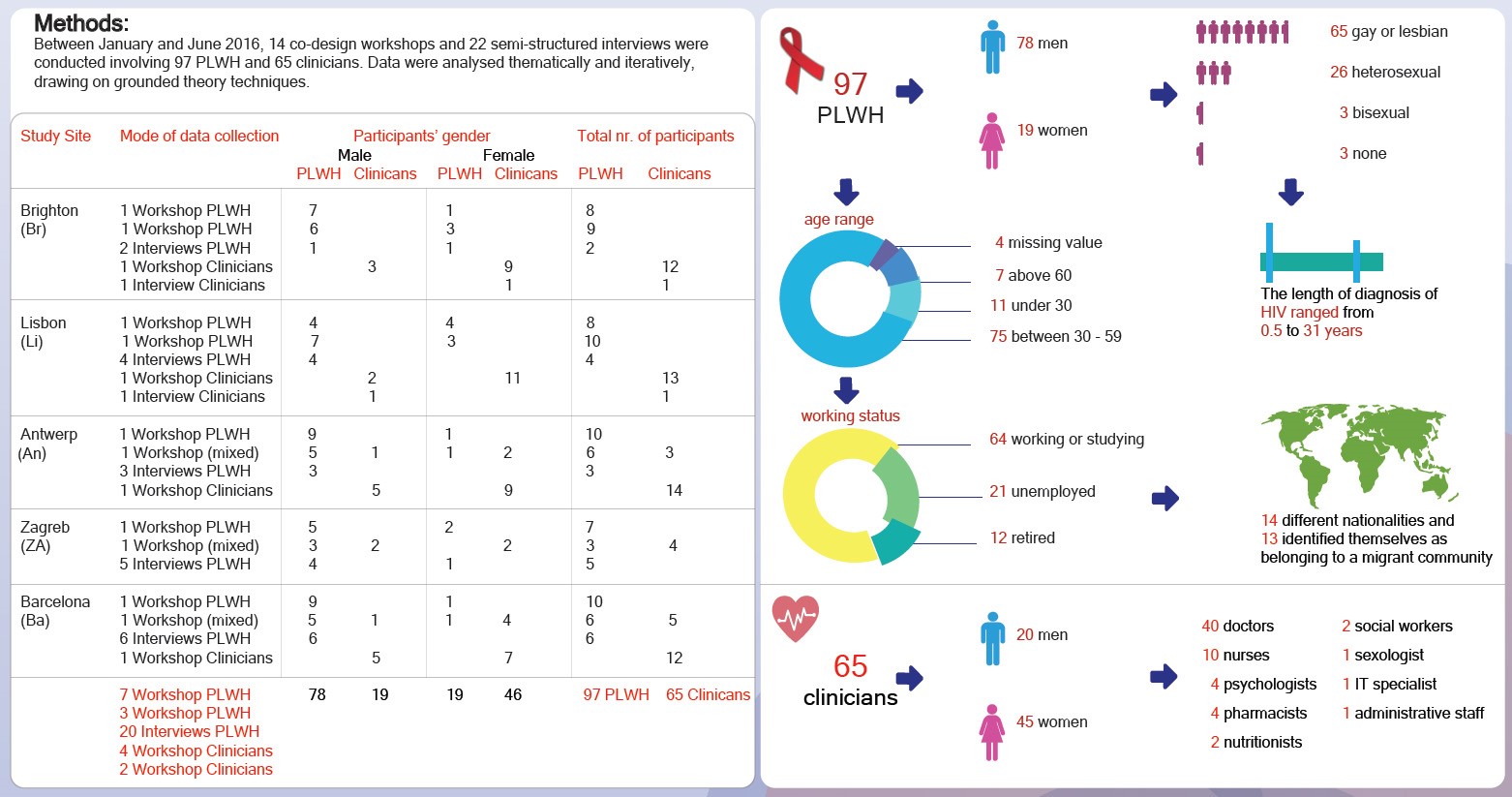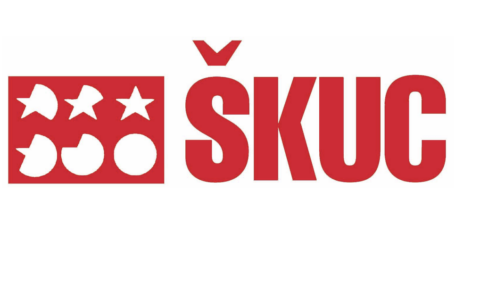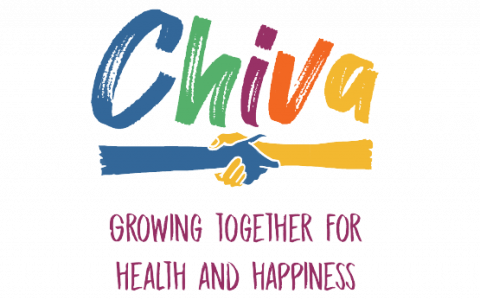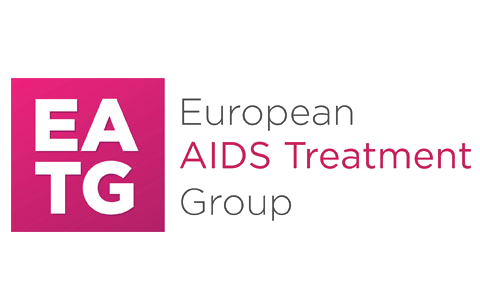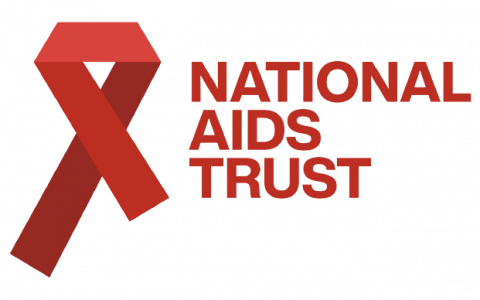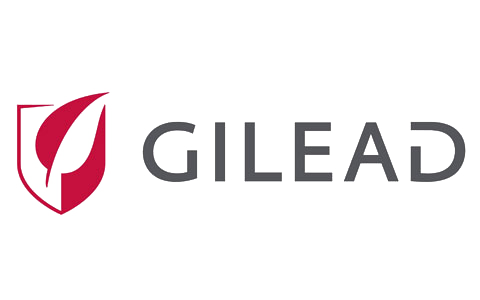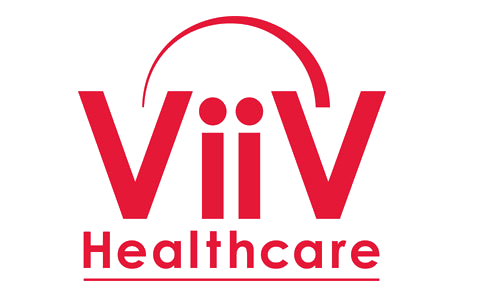
Case Study
The EmERGE Project
-
Context
Many of the people that are living longer, healthier lives with HIV are keen to better understand the impact of HIV on their lives. As such, they want to be able to access their own health records. Ageing populations are with associated co-morbidities and complexities, creating the need for more efficient communication between people living with HIV (PLWHIV) and their healthcare providers.
EmERGE is a five-year Horizon 2020-funded project that is co-designing and evaluating a mHealth-supported pathway of care for those living with stable HIV.
-
Introduction
Innovation in healthcare delivery is needed to reflect the needs of the increasing numbers of patients successfully managing their HIV. PLWHIV may wish to choose to reduce their number of clinical visits. The number of clinic visits for PLWHIV stable on therapy (i.e. those with an undetectable viral load) has been decreasing in recent years. In some cases, this has been done in consultation with the community, but this is not always been the case. This study has been designed with built-in consultation of both PLWHIV and clinical staff as part of the process as well as an evaluation of any impact that a change to mHealth consultations may bring.
-
Aims
The overall aim of the EmERGE project is to assess the impact of a co-designed mHealth-supported pathway for people living with medically-stable HIV in diverse care settings in five European countries.
We report on facilitating the co-design process among PLWHIV and clinicians at the five clinical sites; Antwerp, Barcelona, Brighton, Lisbon and Zagreb – which had three aims at this stage:
- To elicit experiences of living with HIV and of working in HIV care;
- To identify mHealth functionalities considered useful in HIV care;
- To identify potential benefits as well as concerns over mHealth.
-
Method
-
Results
-
Recommendations
- Co-design with PLWHIV and clinical staff is an effective way to establish the needs of both service users and service providers, as well as identifying potential benefits and concerns.
- Co-design needs to be seen as a continuous process: once in use, platforms, apps and websites require constant ‘fixes’, ‘updates’ and ‘versions’ not only because of technological change but also as a result of sociocultural evolution.
- As the EmERGE mHealth platform is integrated in the local care pathways, we will investigate the technology in use, documenting the sociotechnical practices involved in engaging with, adapting and resisting mHealth.
- The EmERGE project is ongoing and will report in 2020. It includes evaluation of patient empowerment, quality of life, person-centred symptoms and concerns (using HIV-specific PROMs), quality of care and health economics alongside user experience and perspectives of PLWH and clinicians on this co-designed mHealth supported pathway of care.

